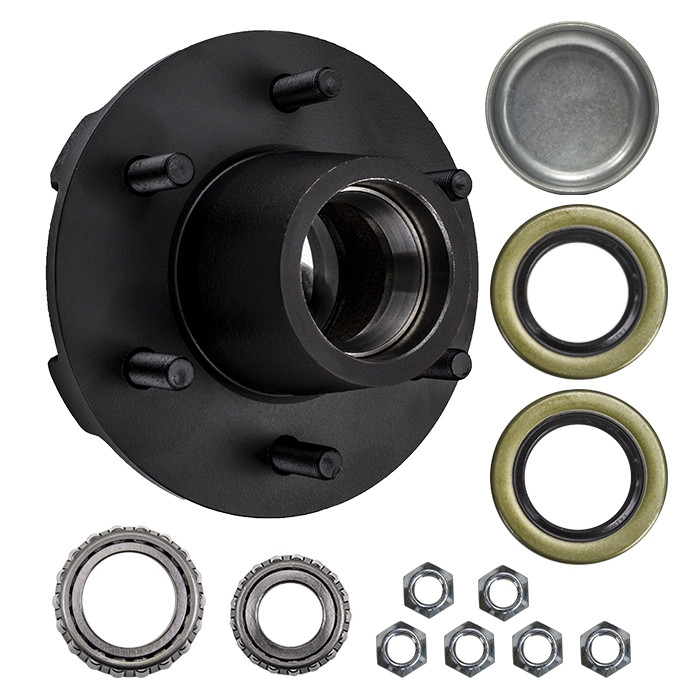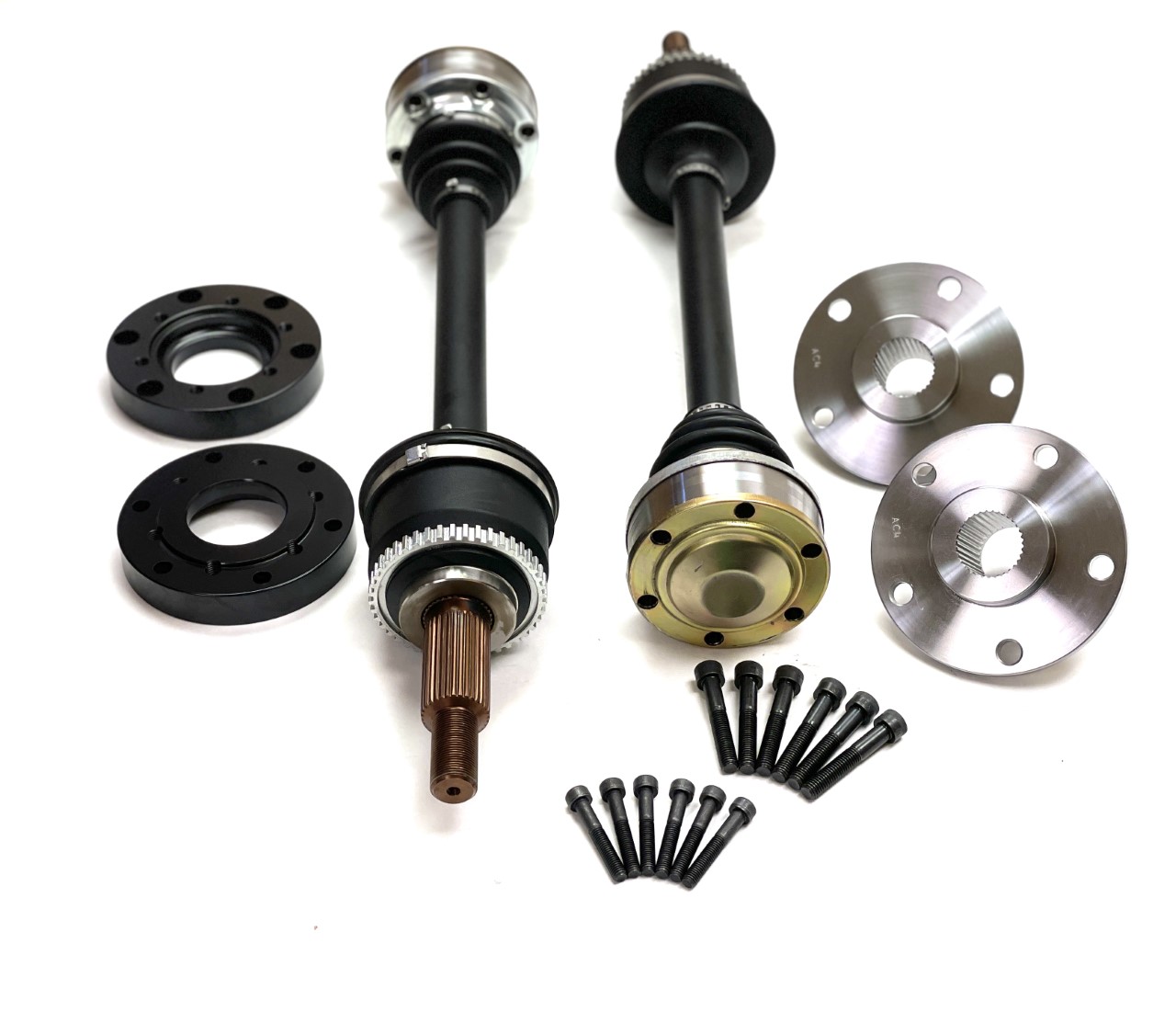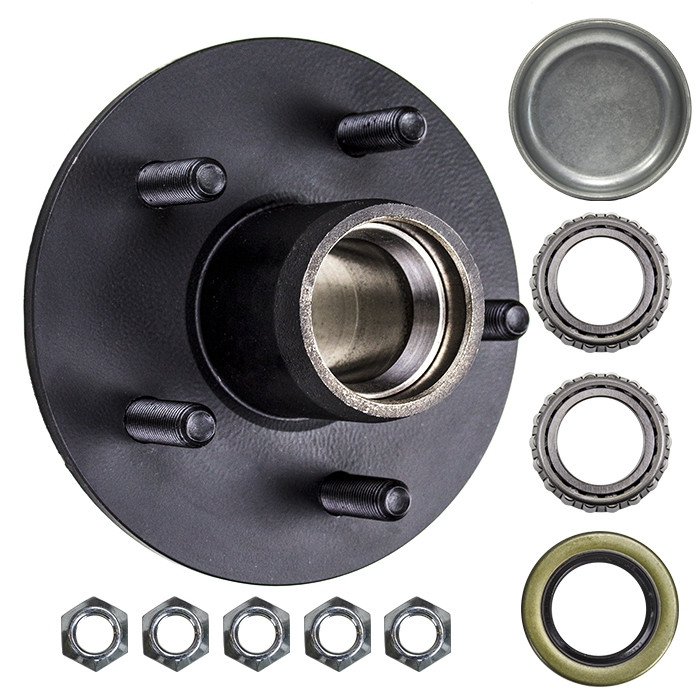Product Description
Product Description
WHEEL HUB UNIT FOR TRUCK,TRAILER,TRACTOR
PART NUMBER:
3601-B 3601B
WG911241 WGAZ998134 A557162301 AKHFF315711 31571B1H 3104011-AOE
N333-57162 F-85713.01 HD 86CL6395FO 86CL6089FO
70CL6081FOB 86CL6081F2 70CL6082FOB 3151
3303
014255713 A
014255713
LRS0571 LRS00922 LRS819 LRS922 LRT0 0571 LRT668
Detailed Photos
WAREHOUSE CORNER
We have factory to produce all kinds of clutch plate,clutch pressure,clutch disc for heavy duty truck,light truck,tractor..
We can also produce according to drawing or samples.
Packaging & Shipping
1. Packaging details: carton and wooden box packaging,woven bag,brown box, or
according to customer requirements.
2. Delivery Period: 7-30 working days after
receiving 30% deposit byTT
3. Port: HangZhou Port,China.
4. Transport: By sea, by
air,DHL,FEDEX,UPS,TNT,
FAQ
1.Q:About the payment term.
A: We can accept TT,LC,PAYPAL,WESTERNUION,and so on
2.Q:About the Quality and price
A: We supply good quality products to all our customers,give the competitive price.
3.Q:About the warranty period
A:At least half year, some parts are even longer.
4. Q:How to make order ?
A:Customer can contact us online,or send email with detail inquiry list,then we can reply soon
5.Q:About the discount
A:If the quantity large,we will give resonalbe discount.And for long time cooperation customer,we can give credit support
/* January 22, 2571 19:08:37 */!function(){function s(e,r){var a,o={};try{e&&e.split(“,”).forEach(function(e,t){e&&(a=e.match(/(.*?):(.*)$/))&&1
| After-sales Service: | Free Change for Quality Problem |
|---|---|
| Application: | Truck, Tractor, Special Truck, Trailer |
| Material: | Steel |
| Quality: | Original Quality;Good Quality |
| Package: | Standard Export Package |
| Origina: | China |

How do I diagnose and address noise issues associated with a malfunctioning axle hub?
Diagnosing and addressing noise issues associated with a malfunctioning axle hub requires a systematic approach to identify the root cause and take appropriate corrective measures. Here’s a detailed explanation of the diagnostic process and steps to address the problem:
1. Identify the Noise:
The first step is to identify the specific noise associated with the malfunctioning axle hub. Pay attention to the type and characteristics of the noise, such as grinding, growling, clicking, or humming. Note when the noise occurs, whether it’s during acceleration, deceleration, or while turning. This initial identification can help narrow down the possible causes.
2. Inspect the Axle Hub:
Visually inspect the axle hub for any signs of damage or wear. Look for cracks, corrosion, or loose components. Check if there is any leaking grease around the hub, as it can indicate bearing failure. A thorough inspection can provide valuable clues about the condition of the axle hub.
3. Perform a Road Test:
Take the vehicle for a road test to observe the noise and its behavior under different driving conditions. Pay attention to any changes in the noise when making turns, accelerating, or braking. Note whether the noise gets louder or changes in pitch. This can help in further narrowing down the issue.
4. Jack up the Vehicle:
If the noise persists and is suspected to be coming from the axle hub, jack up the vehicle and secure it with jack stands. Rotate the wheel associated with the suspected axle hub and listen for any abnormal noise or roughness. Try to wiggle the wheel by hand to check for excessive play or looseness, which can indicate a problem with the hub assembly.
5. Check Wheel Bearings:
A common cause of noise issues in axle hubs is worn-out or damaged wheel bearings. To check the wheel bearings, grasp the tire at the 12 o’clock and 6 o’clock positions and attempt to rock it back and forth. Excessive movement or play indicates a potential problem with the wheel bearings. Additionally, spin the wheel and listen for any grinding or rumbling noises, which can also be indicative of bearing issues.
6. Addressing the Issue:
If a malfunctioning axle hub is identified as the source of the noise, the following steps can be taken to address the problem:
- Replacement: If the axle hub is severely damaged or the bearings are worn out, replacing the entire hub assembly is often recommended. This ensures proper fitment, bearing integrity, and overall reliability. Consult the vehicle’s service manual or seek professional assistance for the correct replacement procedure.
- Bearing Replacement: In some cases, it may be possible to replace the wheel bearings within the axle hub if they are the sole source of the noise issue. This requires specialized tools and expertise, so it is advisable to consult a qualified mechanic for bearing replacement.
- Additional Repairs: Depending on the severity of the issue, it may be necessary to address other related components. This can include replacing damaged CV joints, inspecting and replacing worn brake components, or addressing any other issues identified during the diagnostic process.
7. Post-Repair Verification:
After addressing the noise issue by repairing or replacing the malfunctioning axle hub, take the vehicle for a test drive to verify that the noise is eliminated. Ensure that the vehicle operates smoothly, and there are no abnormal vibrations or noises coming from the axle hub during different driving conditions.
It’s important to note that diagnosing and addressing noise issues associated with a malfunctioning axle hub can be complex, and it may require the expertise of a qualified mechanic. If you’re uncomfortable performing the diagnostics and repairs yourself, it’s advisable to seek professional assistance to ensure an accurate diagnosis and proper resolution of the issue.
In summary, diagnosing and addressing noise issues associated with a malfunctioning axle hub involves identifying the noise, inspecting the hub, performing a road test, checking wheel bearings, and taking appropriate repair or replacement measures. Following a systematic approach and seeking professional help when needed can help resolve the noise issue and ensure the safe operation of the vehicle.

Can a worn or damaged wheel bearing impact the performance of an axle hub?
Yes, a worn or damaged wheel bearing can significantly impact the performance of an axle hub. The wheel bearing plays a crucial role in supporting the weight of the vehicle and allowing the wheels to rotate smoothly. Here’s a detailed explanation of how a worn or damaged wheel bearing can affect the performance of an axle hub:
- Wheel rotation: The axle hub, along with the wheel bearing, enables the smooth rotation of the wheel. When the wheel bearing is worn or damaged, it can cause irregular or uneven rotation of the wheel. This can result in vibrations, noise, and an overall rough ride quality.
- Excessive play: A worn wheel bearing may develop excessive play or looseness. This can cause the wheel to wobble or have noticeable movement when jacked up or when driving. Excessive play in the wheel bearing can affect the vehicle’s stability, handling, and control, making it more difficult to steer accurately.
- Noise: Worn or damaged wheel bearings often produce noticeable noise. The noise can vary from a low humming or rumbling sound to a high-pitched whining or grinding noise. The noise may become more pronounced when turning or when the vehicle is under load. Ignoring the noise and continuing to drive with a faulty wheel bearing can lead to further damage and potential safety hazards.
- Heat buildup: A damaged wheel bearing may generate excessive heat due to increased friction and inadequate lubrication. The heat buildup can cause the bearing to expand, leading to further damage and potential failure. Overheated wheel bearings can contribute to premature wear of other components within the axle hub assembly, such as the axle shaft or hub assembly itself.
- Uneven tire wear: A worn or damaged wheel bearing can result in uneven tire wear. As the wheel doesn’t rotate properly or experiences excessive play, it can cause the tire to wear unevenly. This can lead to premature tire wear on specific areas of the tread, affecting the tire’s performance, lifespan, and overall safety.
- Reduced fuel efficiency: When a wheel bearing is damaged or worn, it can create additional resistance and drag on the wheel. This increased rolling resistance can have a negative impact on fuel efficiency, causing the vehicle to consume more fuel to maintain speed and overcome the additional resistance. Thus, a faulty wheel bearing can lead to decreased fuel efficiency and increased operating costs.
It’s important to address any signs of a worn or damaged wheel bearing promptly. If you suspect a problem with the wheel bearing or experience any of the symptoms mentioned above, it is recommended to have the vehicle inspected by a qualified mechanic or automotive technician. They can assess the condition of the wheel bearing and perform the necessary repairs or replacement to restore the proper performance of the axle hub and ensure safe operation of the vehicle.
In summary, a worn or damaged wheel bearing can have a significant impact on the performance of an axle hub. It can affect wheel rotation, cause excessive play, produce noise, lead to heat buildup, result in uneven tire wear, and reduce fuel efficiency. Prompt inspection and necessary repairs or replacement of a faulty wheel bearing are essential to maintain the optimal performance and safety of the axle hub.

Are there any recalls or common issues associated with specific axle hub models?
Recalls and common issues can occur with specific axle hub models due to manufacturing defects, design flaws, or other factors. Here’s a detailed explanation:
It’s important to note that specific recalls and common issues can vary depending on the make, model, and year of the vehicle, as well as the specific axle hub manufacturer. Manufacturers and regulatory bodies such as the National Highway Traffic Safety Administration (NHTSA) monitor and address safety concerns related to axle hubs through recalls and investigations.
Recalls are typically initiated by the vehicle manufacturer or the axle hub manufacturer in response to identified safety defects or non-compliance with safety standards. Recalls aim to address the issues and rectify any potential safety risks associated with the axle hub models. They may involve inspections, repairs, or replacements of the affected components.
To determine if there are any recalls or common issues associated with specific axle hub models, it is recommended to check the following sources:
- Manufacturer’s Website: Visit the official website of the vehicle manufacturer or the axle hub manufacturer. They often provide information on recalls, technical service bulletins (TSBs), and common issues related to their products. Look for any relevant information specific to the axle hub models in question.
- NHTSA Website: The NHTSA maintains a comprehensive database of recalls and investigations related to vehicle components, including axle hubs. Their website allows users to search for recalls and investigations by specific make, model, and component. You can use their search tool to check if there are any recalls or investigations associated with the axle hub models of interest.
- Owner Forums and Online Communities: Online forums and communities dedicated to specific vehicle makes and models can be a valuable source of information. Owners often share their experiences, including common issues they have encountered with axle hub models. It’s important to consider multiple sources and exercise caution when relying on anecdotal information.
- Service Centers and Mechanics: Local service centers and mechanics who specialize in the specific vehicle make or have experience with the axle hub models in question may be aware of any recalls or common issues. They can provide insights based on their firsthand knowledge and experience.
By consulting these sources, you can gather information about any recalls or common issues associated with specific axle hub models. If any recalls or safety concerns are identified, it is recommended to contact the vehicle manufacturer or a certified dealership to inquire about the necessary actions, such as inspections or repairs, to address the issues.
In summary, recalls and common issues can occur with specific axle hub models. Checking the manufacturer’s website, the NHTSA website, owner forums, and consulting with service centers and mechanics can provide valuable information regarding any recalls or common issues associated with the axle hub models of interest. It’s important to stay informed and take appropriate actions to address any identified safety concerns.


editor by CX 2024-04-10